Pania Newell
Interpreting and generalizing deep learning in physics-based problems with functional linear models
Jul 10, 2023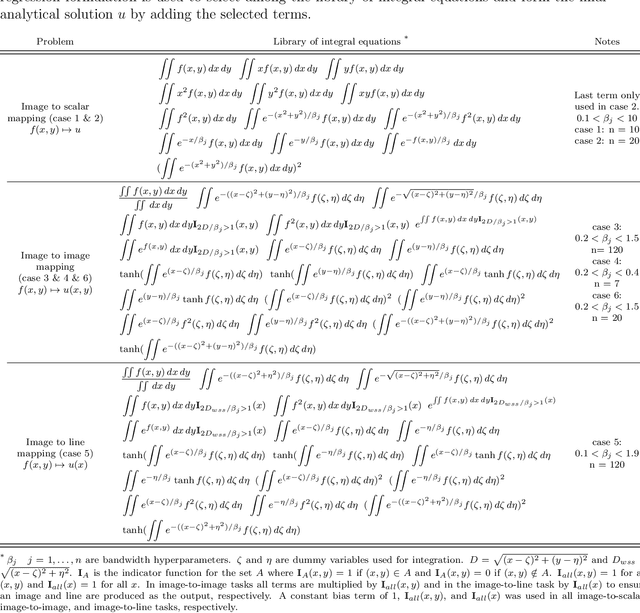
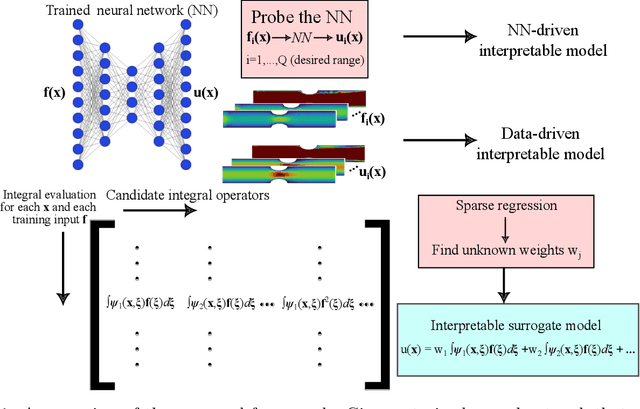
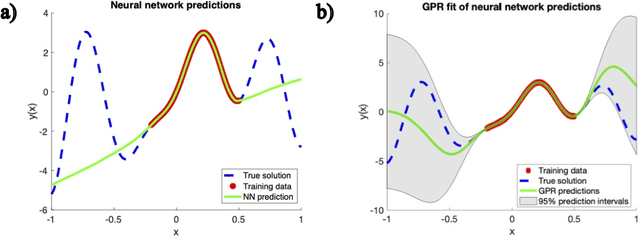

Abstract:Although deep learning has achieved remarkable success in various scientific machine learning applications, its black-box nature poses concerns regarding interpretability and generalization capabilities beyond the training data. Interpretability is crucial and often desired in modeling physical systems. Moreover, acquiring extensive datasets that encompass the entire range of input features is challenging in many physics-based learning tasks, leading to increased errors when encountering out-of-distribution (OOD) data. In this work, motivated by the field of functional data analysis (FDA), we propose generalized functional linear models as an interpretable surrogate for a trained deep learning model. We demonstrate that our model could be trained either based on a trained neural network (post-hoc interpretation) or directly from training data (interpretable operator learning). A library of generalized functional linear models with different kernel functions is considered and sparse regression is used to discover an interpretable surrogate model that could be analytically presented. We present test cases in solid mechanics, fluid mechanics, and transport. Our results demonstrate that our model can achieve comparable accuracy to deep learning and can improve OOD generalization while providing more transparency and interpretability. Our study underscores the significance of interpretability in scientific machine learning and showcases the potential of functional linear models as a tool for interpreting and generalizing deep learning.
Machine Learning in Heterogeneous Porous Materials
Feb 04, 2022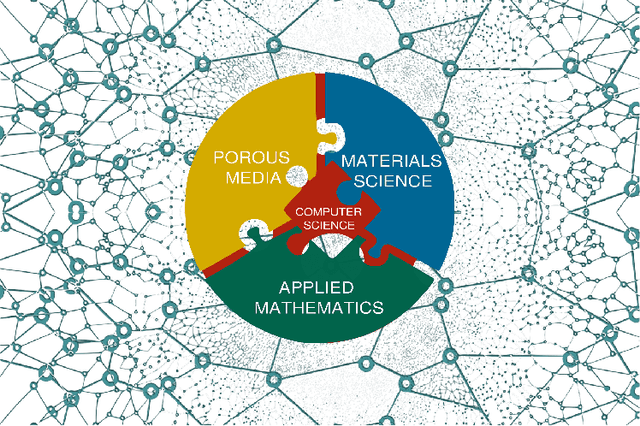
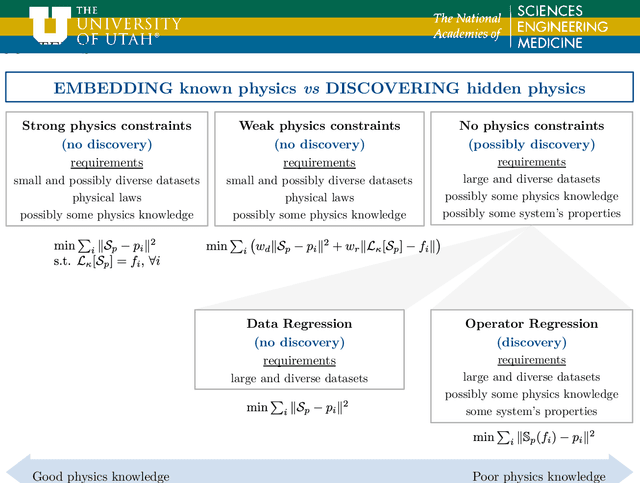
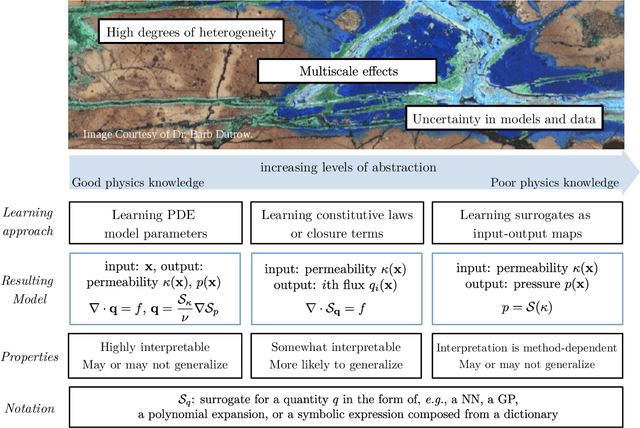

Abstract:The "Workshop on Machine learning in heterogeneous porous materials" brought together international scientific communities of applied mathematics, porous media, and material sciences with experts in the areas of heterogeneous materials, machine learning (ML) and applied mathematics to identify how ML can advance materials research. Within the scope of ML and materials research, the goal of the workshop was to discuss the state-of-the-art in each community, promote crosstalk and accelerate multi-disciplinary collaborative research, and identify challenges and opportunities. As the end result, four topic areas were identified: ML in predicting materials properties, and discovery and design of novel materials, ML in porous and fractured media and time-dependent phenomena, Multi-scale modeling in heterogeneous porous materials via ML, and Discovery of materials constitutive laws and new governing equations. This workshop was part of the AmeriMech Symposium series sponsored by the National Academies of Sciences, Engineering and Medicine and the U.S. National Committee on Theoretical and Applied Mechanics.
 Add to Chrome
Add to Chrome Add to Firefox
Add to Firefox Add to Edge
Add to Edge